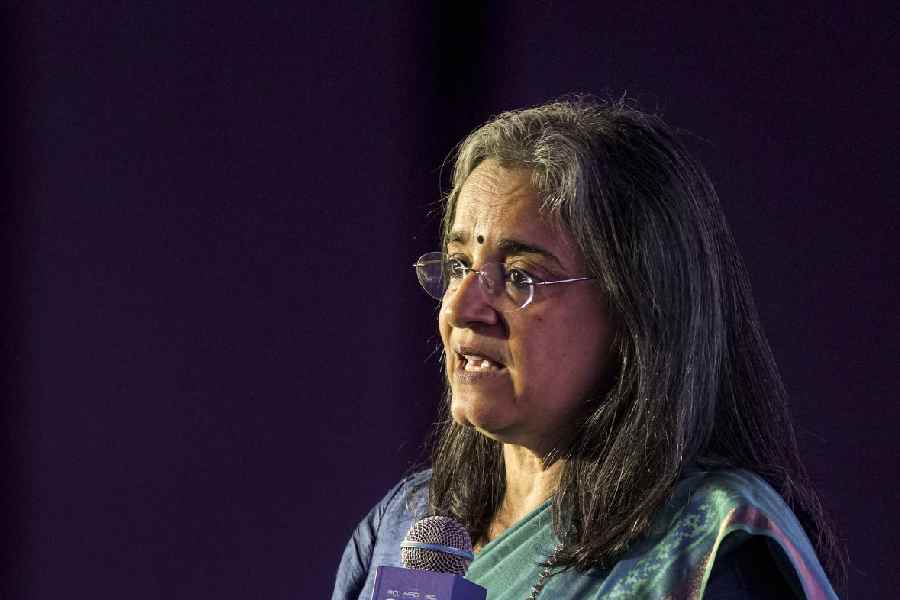The college admission process involves more than just filling out forms and taking standardised tests. It requires reflection and much thought about the kind of course and college one wants to apply to, affordability, scholarships and job prospects. It comes at a time in a student’s life when there’s a good amount of pressure in terms of schoolwork, assignments and major examinations looming ahead. Starting early and having a well-structured plan can make the process manageable and easy to navigate.
Research
must research different schools and programmes, take virtual tours or visit campuses. Keep priorities and goals in mind, and do not get influenced solely by rankings. Look at factors such as programmes offered, course syllabus, academic rigour, clubs and organisations, cost of tuition, availability of scholarships and location (urban, rural or college town). In addition to narrowing down choices, this research will help customise applications and essays and communicate to the admissions team why you wish to attend a particular school. At the end of this research, one should have a list of 7-12 colleges — a combination of reach, target and safety colleges.
Akshita Krishnan, who is in her first year of computer science at Carnegie Mellon University (CMU), Pittsburg, US, started researching colleges during the Class X summer break. She made a list of 20 colleges in the US, browsed websites, checked sites such as Reddit.com and Collegeconfidential.com. This is what she gathered after all that reading — professors at CMU were involved in research areas related to machine learning and artificial intelligence. She says, “This meant that I could be mentored in areas that I was leaning towards. The course also offered the kind of rigour and challenging curriculum I was keen on.”
Each person has a different reason while making a college selection. Praniti Garg, a Class XII student from Bangalore, has applied to economics and business management programmes in the US and UK. She says, “I started identifying colleges in Class XI and then narrowed it down to the University of Chicago, Columbia University, Northwestern University, New York University and Rice University in the US, London School of Economics, University of Manchester and Warwick in the UK. Since I was applying to colleges in two countries, I had to keep track of different deadlines and application requirements; I used the Common Application for the US and Universities and Colleges Admissions Service (UCAS) for the UK.” Praniti says she wanted a small college with a community feel and a balanced college life. She adds, “Rice University came up as a top choice. It has a residential campus in the centre of the city. I also preferred the semester system here to the quarter system found elsewhere.”
Admission requirements
After making a list of colleges and universities, one should research their admission requirements. This information is typically available on the college website. Make a note of important deadlines and specific conditions, such as standardised test scores, essays or letters of recommendation.
Extracurricular activities
Students must prepare a resume including academic details, extracurriculars, certificates, awards and recognitions. Colleges look for extracurricular activities in the student’s bio as they provide a way for the college to evaluate a student’s interests, skills and character. Internships and community service also add to a student’s profile.
Essays, LORs and interview
Decide in advance which teachers to ask for a letter of recommendation. Then, provide them with relevant information — a resume, transcript or list of extracurricular activities to help them write a strong recommendation. Start brainstorming and working on the essays early, and seek feedback from teachers, counsellors or others who can help to improve them.
Some colleges conduct an interview as part of the admission process. This is an opportunity to demonstrate your communication skills and interest in the school.
Cost
While researching a school, it is essential to consider the costs involvedto make an informed decision about its affordability. This includes the cost of tuition, room and board, any other fees, and any financial aid or scholarships that may be available. Scholarships often have an earlier deadline than the regular application deadline.
Student housing
Students must plan and book accommodation as early as possible, or they may not get suitable housing even if they hold college offers. For instance, in the Netherlands, universities typically do not provide accommodation and students must find their own. Again in major cities in Canada and the UK, student housing gets booked out quickly, and students have had to defer their admission by a semester or stay far away from the college if they haven’t booked early. So it’s essential to identify housing options early and book them as soon as the offer letter is received.











